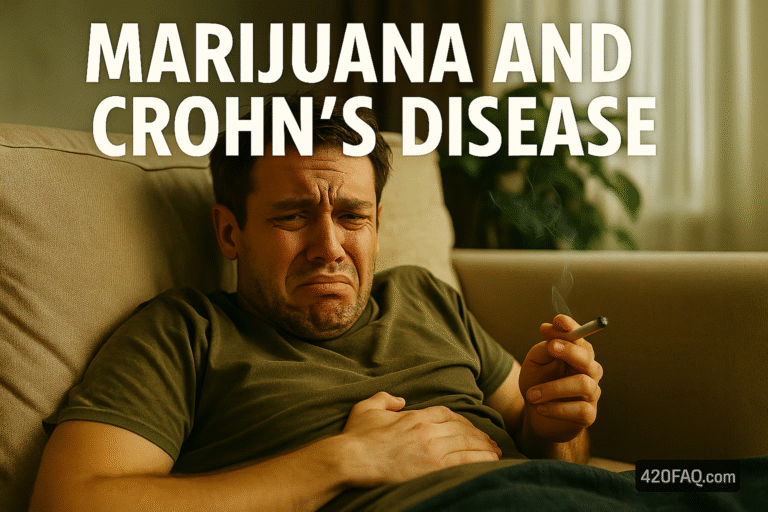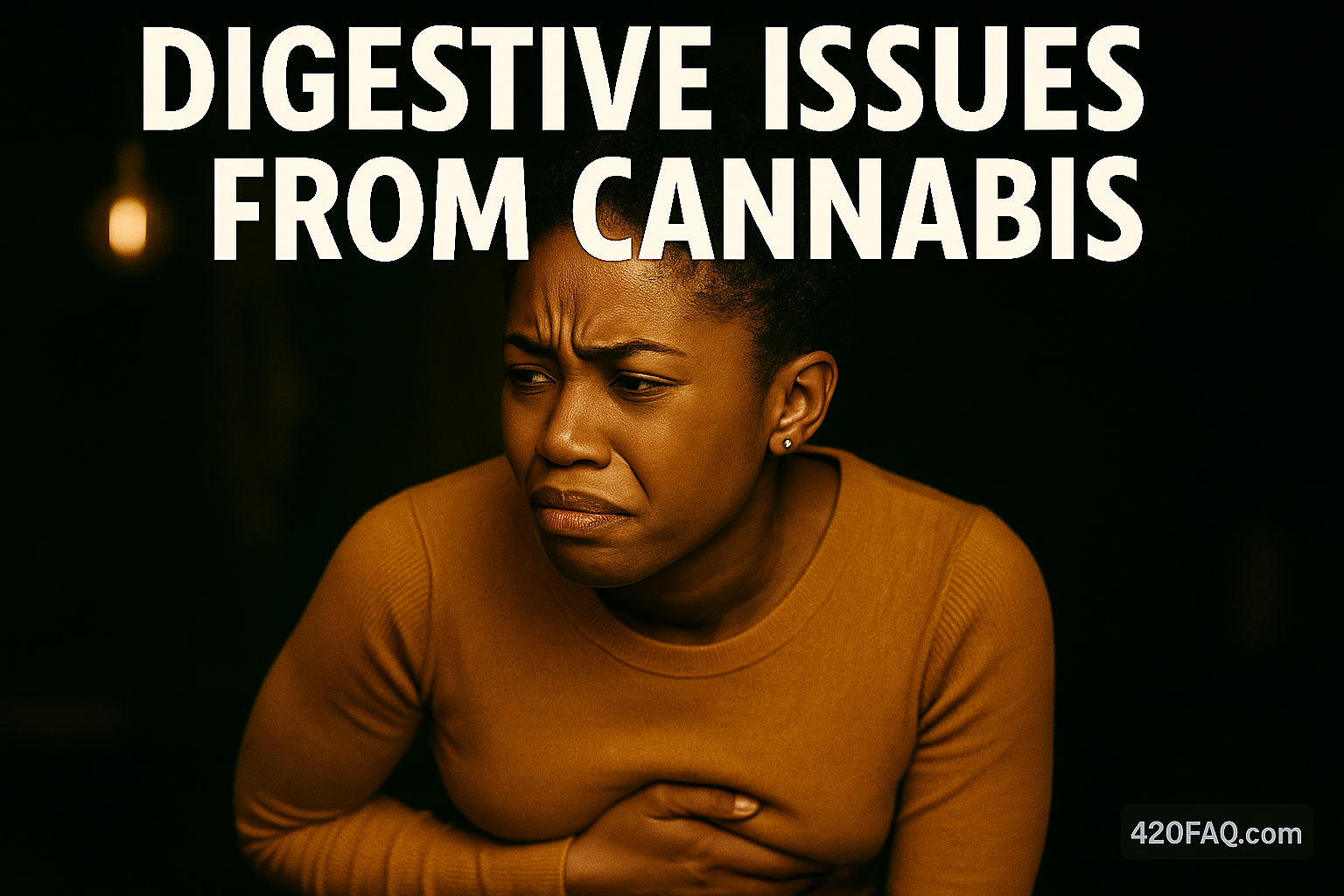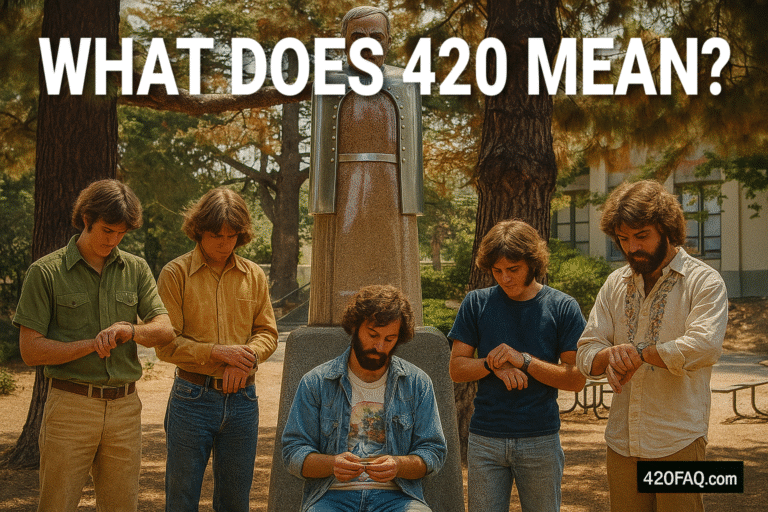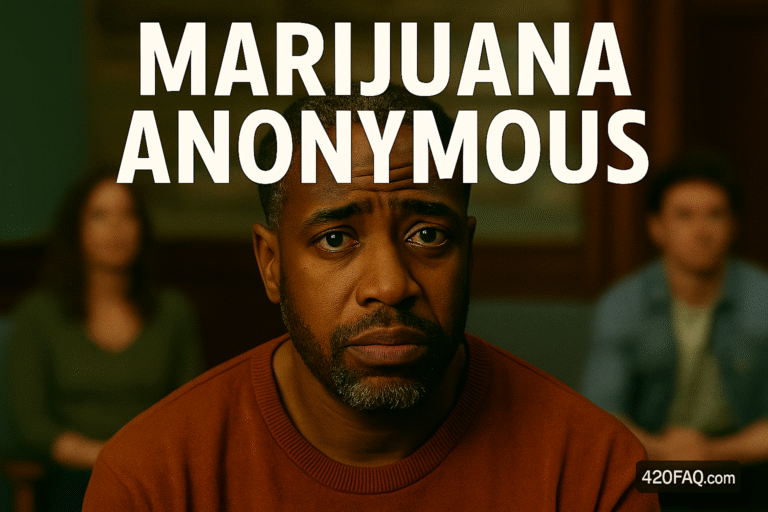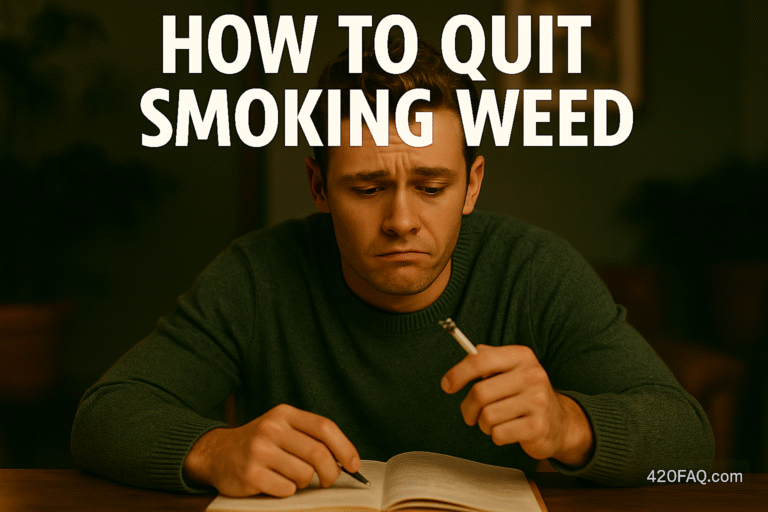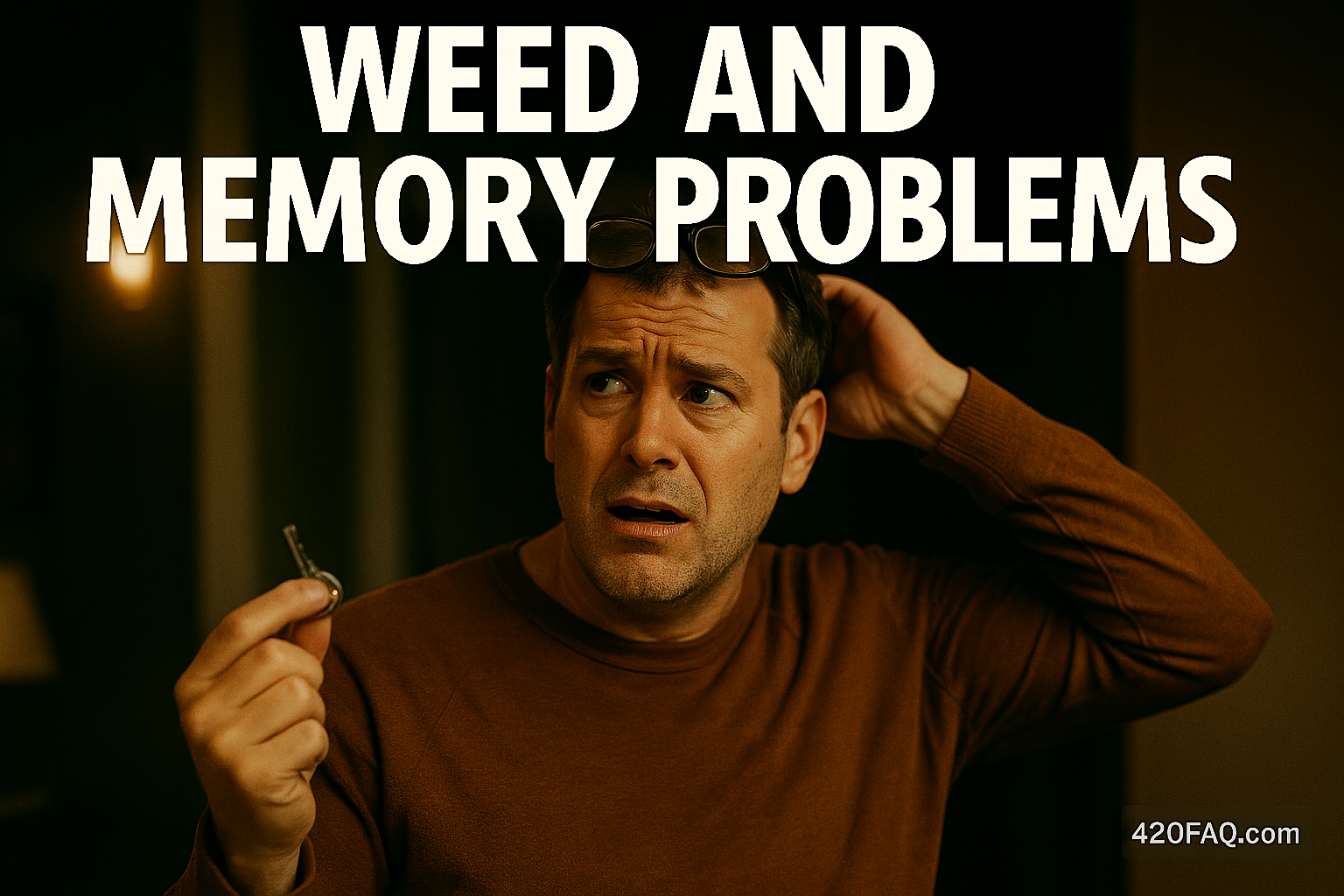
Weed and Memory Problems: A Comprehensive, Evidence-Grounded Guide
Understanding how cannabis affects memory means looking under the hood of the brain’s learning systems—short-term buffers, working memory “scratchpads,” and long-term storage—and seeing how THC (tetrahydrocannabinol) nudges neurotransmitters and sleep architecture. Effects vary with dose, frequency, age of first use, potency, route, genetics, and co-occurring factors like sleep debt or alcohol. This guide maps what changes acutely (while high), what can linger with heavy use, what’s likely reversible after a break, and where research is still evolving.
How Cannabis Interacts With Memory Systems
Memory isn’t one thing. Short-term memory holds seconds of information; working memory manipulates it; episodic memory records life events; procedural memory stores skills. THC activates CB1 receptors densely expressed in hippocampus and prefrontal cortex—regions essential for encoding new memories and for working-memory control. The practical upshot: forming and manipulating new information gets harder during intoxication, and distraction gets louder. Encoding suffers more than retrieval; you can usually recall older memories, but stamping in fresh ones is shakier. For many, these effects fade as THC clears.
Acute vs. Longer-Term Effects
Acute (minutes to hours): dose-dependent decrements in attention, working memory, and new learning. Stronger with high-THC, rapid-delivery routes (vaping/dabbing). Task complexity magnifies deficits. Subacute (days): after heavy sessions, some users report “brain fog,” slower recall, and attention lapses while metabolites decline. Chronic/heavy use: frequent, high-potency exposure is associated with modest, often reversible reductions in verbal learning and working memory performance. Many studies show improvement within 2–4 weeks of abstinence; very heavy, long-term use can require longer to normalize.
Age, Dose, Potency, and Route Matter
Starting young (adolescence) increases vulnerability because frontal-hippocampal networks are still wiring up. Higher THC %, larger doses, concentrates, and fast-delivery (vape/dab) amplify acute disruption. Edibles delay onset but can produce prolonged effects. Balanced THC:CBD products may blunt some anxiety or psychotomimetic effects, but CBD is not a universal antidote to THC-related memory impairment.
Sleep, REM, and Consolidation
Sleep is where short-term traces consolidate into long-term memory, especially during REM and slow-wave stages. THC can shorten REM and alter sleep architecture; chronic evening use is linked to sleep continuity changes, which can indirectly erode next-day recall and learning. See the emerging work connecting memory effects to sleep disruption: Cannabis’s Effects on Memory Might Be Related to Sleep Disruption.
What’s Typically Reversible?
For many frequent users, attention and verbal learning improve after several weeks of abstinence. Recovery timelines vary with total exposure, sleep health, and baseline cognitive reserve. Aerobic exercise, consistent circadian routines, and cognitively engaging tasks can support recovery. Some users report residual tip-of-the-tongue moments for months after heavy use, but objective testing usually shows meaningful rebound.
Risk Modifiers and Co-Factors
• Earlier onset of regular use (teens) • Higher cumulative dose/potency; concentrate use • Co-use of alcohol, sedatives, or sleep deprivation • Psychiatric vulnerabilities (e.g., mood disorders) • Genetic variability in endocannabinoid signaling and dopamine pathways
Harm-Reduction Playbook
• Lower the dose; avoid concentrates if memory is a priority. • Prefer balanced or lower-THC chemovars; pace with metered devices. • Time use away from studying, work, or complex tasks. • Protect sleep: fixed schedule, dark cool room, caffeine cutoff. • Plan “tolerance breaks” (T-breaks): 2–4 weeks can reset subjective effects and often improves cognitive scores. • Keep THC out of adolescence whenever possible.
What the Research Says (and Doesn’t)
Consensus: cannabis reliably impairs new learning and working memory during intoxication; heavier, earlier, and more frequent use links to larger and longer-lasting effects. Most cognitive changes are modest and show partial to full recovery after sustained abstinence, especially in adults. Open questions remain about very high-potency products, cumulative lifetime exposure, and individual genetics. For an accessible clinical overview, see Harvard Health: The effects of marijuana on your memory.
Myths and Misconceptions
“CBD cancels THC’s memory effects.” Not categorically. CBD can modulate anxiety and some subjective effects, but it doesn’t reliably prevent THC-driven encoding deficits. “Memory issues mean brain damage.” Acute impairment is pharmacologic; persistent deficits typically soften with abstinence and sleep repair. “Edibles are safer for memory.” They often last longer and can produce stronger, longer cognitive disruption if overdosed. “Tolerance eliminates all deficits.” Tolerance reduces perceived intoxication; it does not guarantee intact working memory at high doses.
Frequently Asked Questions About Weed and Memory
Does weed permanently damage memory?
Most evidence shows acute, dose-dependent impairment and modest, often reversible deficits with heavy chronic use. After weeks of abstinence, many users approach baseline on standardized tests; very heavy, long-duration use may need longer.
Why do I forget mid-sentence when I’m high?
Working memory and attentional control depend on prefrontal-hippocampal signaling. THC perturbs these circuits, so holding and manipulating information gets harder and distractions win.
Is starting in high school riskier for memory?
Yes. Adolescent brains are still refining executive control and hippocampal circuits, so regular high-potency THC during this window is linked to larger, more persistent effects.
Will a tolerance break fix my brain fog?
Often, yes. Many report clearer recall and focus after 2–4 weeks. Optimize sleep, aerobic exercise, and nutrition to accelerate the rebound.
Do edibles hurt memory more than smoking?
Neither is inherently “worse,” but edibles’ delayed onset and prolonged action raise the odds of inadvertent high dosing, which can amplify impairments and last longer into the next day.
Can CBD protect memory?
Evidence is mixed. CBD may ease anxiety and some adverse subjective effects, but it doesn’t consistently prevent THC-related encoding problems at intoxicating THC doses.
Why do I remember old stuff but can’t learn new stuff when high?
THC disrupts encoding of new information more than retrieval of consolidated memories, so yesterday’s facts are accessible while today’s inputs slip.
Is “weed hangover” a real thing for memory?
Many heavy users describe next-day sluggishness and recall issues, likely from residual intoxication, sleep disruption, or both—another reason timing and sleep hygiene matter.
How low should I go to protect memory?
Micro- or low-dose strategies (and avoiding concentrates) reduce risk. Start low, go slow, and schedule use away from cognitively demanding windows.
Can improving sleep fix memory issues from weed?
Better sleep supports consolidation and daytime attention. Since THC can alter sleep stages, prioritizing sleep health often improves next-day learning and recall. See supportive discussion linking sleep disruption and memory outcomes: Cannabis’s Effects on Memory Might Be Related to Sleep Disruption.
Conclusion
THC’s fingerprint on memory is clearest during intoxication: new learning and working memory take a hit. With heavier, earlier, and more frequent use, those hits can blur into day-to-day life—but the picture isn’t fixed. Most adults see meaningful improvement with a few weeks of abstinence plus sleep repair, exercise, and sane dosing habits. Treat memory like a muscle and a library: protect practice (attention), protect shelving (sleep), and be picky about how often you rearrange the stacks.


